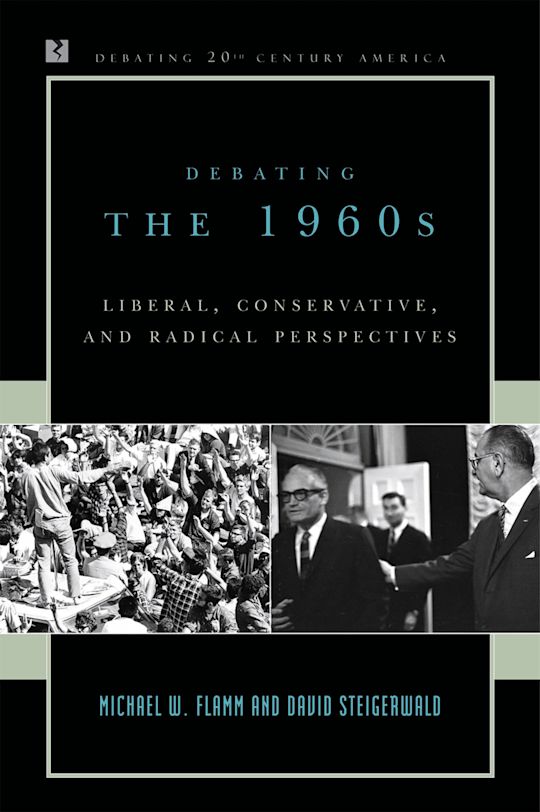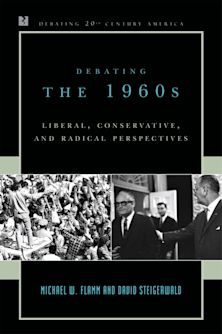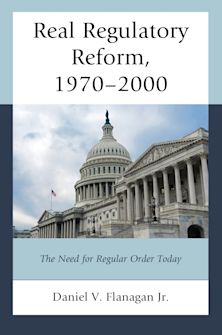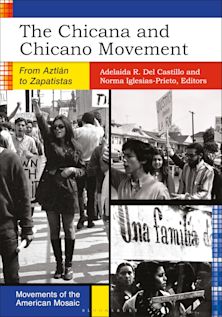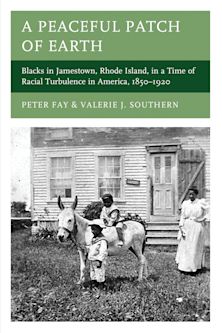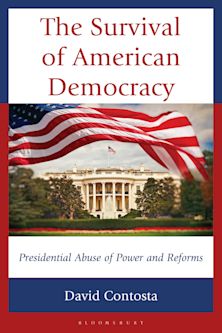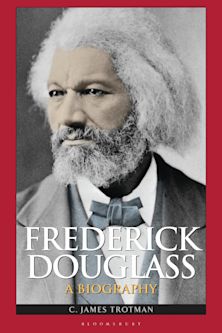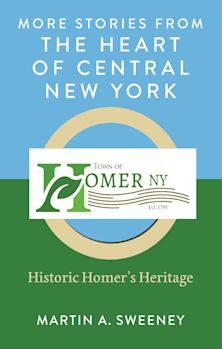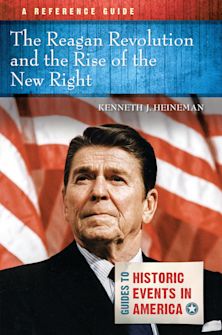- Home
- ACADEMIC
- History
- United States History
- Debating the 1960s
Debating the 1960s
Liberal, Conservative, and Radical Perspectives
- Textbook
Debating the 1960s
Liberal, Conservative, and Radical Perspectives
- Textbook
This product is usually dispatched within 1 week
- Delivery and returns info
-
Free US delivery on orders $35 or over
You must sign in to add this item to your wishlist. Please sign in or create an account
Description
The conventional interpretation of the 1960s emphasizes how liberal, even radical, the decade was. It was, after all, the age of mass protests against the Vietnam War and social movements on behalf of civil rights and women's rights. It was also an era when the counterculture challenged many of the values and beliefs held by morally traditional Americans. But a newer interpretation stresses how truly polarized the 1960s were. It portrays how radicals, liberals, and conservatives repeatedly clashed in ideological combat for the hearts and minds of Americans. Millions in the center and on the right contested the counterculture, defended the Vietnam War, and opposed civil rights.
Debating the 1960s explores the decade through the arguments and controversies between radicals, liberals, and conservatives. The focus is on four main areas of contention: social welfare, civil rights, foreign relations, and social order. The book also examines the emergence of the New Left and the modern conservative movement. Finally, it assesses the enduring importance of the 1960s on contemporary American politics and society. Combining analytical essays and historical documents, the book highlights the polarization of the decade by focusing on the political, social, and cultural debates that divided the nation then and now.
Table of Contents
Chapter 1: Excerpts from "The Port Huron Statement"
Chapter 2: "Radio and Television Report on Civil Rights"
Chapter 3: "Remarks on Signing the Economic Opportunity Act"
Chapter 4: "An Interracial Movement of the Poor?"
Chapter 5: "Peace Without Conquest"
Chapter 6: "Name the System!"
Chapter 7: Excerpts from "Rights in the Conflict: Chicago's 7 Brutal Days"
Part II: The Liberal-Conservative Debates of the 1960s
Chapter 8: The Sharon Statement
Chapter 9: Principles of the John Birch Society
Chapter 10: Excerpts from John Kennedy's Commencement Address (American University)
Chapter 11: Excerpts from Lyndon Johnson's Commencement Address (University of Michigan)
Chapter 12: Excerpts from Barry Goldwater's Acceptance Speech (Republican Convention)
Chapter 13: Excerpts from Ronald Reagan's "A Time for Choosing"
Chapter 14: Excerpts from Richard Nixon's Acceptance Speech (Republican Convention)
Product details
| Published | Aug 20 2007 |
|---|---|
| Format | Hardback |
| Edition | 1st |
| Extent | 220 |
| ISBN | 9780742522121 |
| Imprint | Rowman & Littlefield Publishers |
| Dimensions | 9 x 6 inches |
| Series | Debating Twentieth-Century America |
| Publisher | Bloomsbury Publishing |
About the contributors
Reviews
-
This is a splendid survey of the three-cornered conflict that still shapes American politics and culture. It should be required reading in classrooms around the nation.
Michael Kazin, co-author of America Divided: The Civil War of the 1960s
-
This is, in fact, an excellent tool for the undergraduate classroom. . . . The two essays are useful and clear. And the documents are important to the discussion of the period.
The Historian
-
Michael Flamm and David Steigerwald, two of the best historians of the Sixties era, have created a smart, provocative book that is perfect for the classroom. Combining state-of-the-art overviews with a rich selection of documents, Debating the 1960s pushes past the standard narrative of the 1960s and asks students to analyze the contesting forces of radicalism, liberalism and conservatism during that turbulent period.
David Farber, author of The Age of Great Dreams: America in the 1960s









